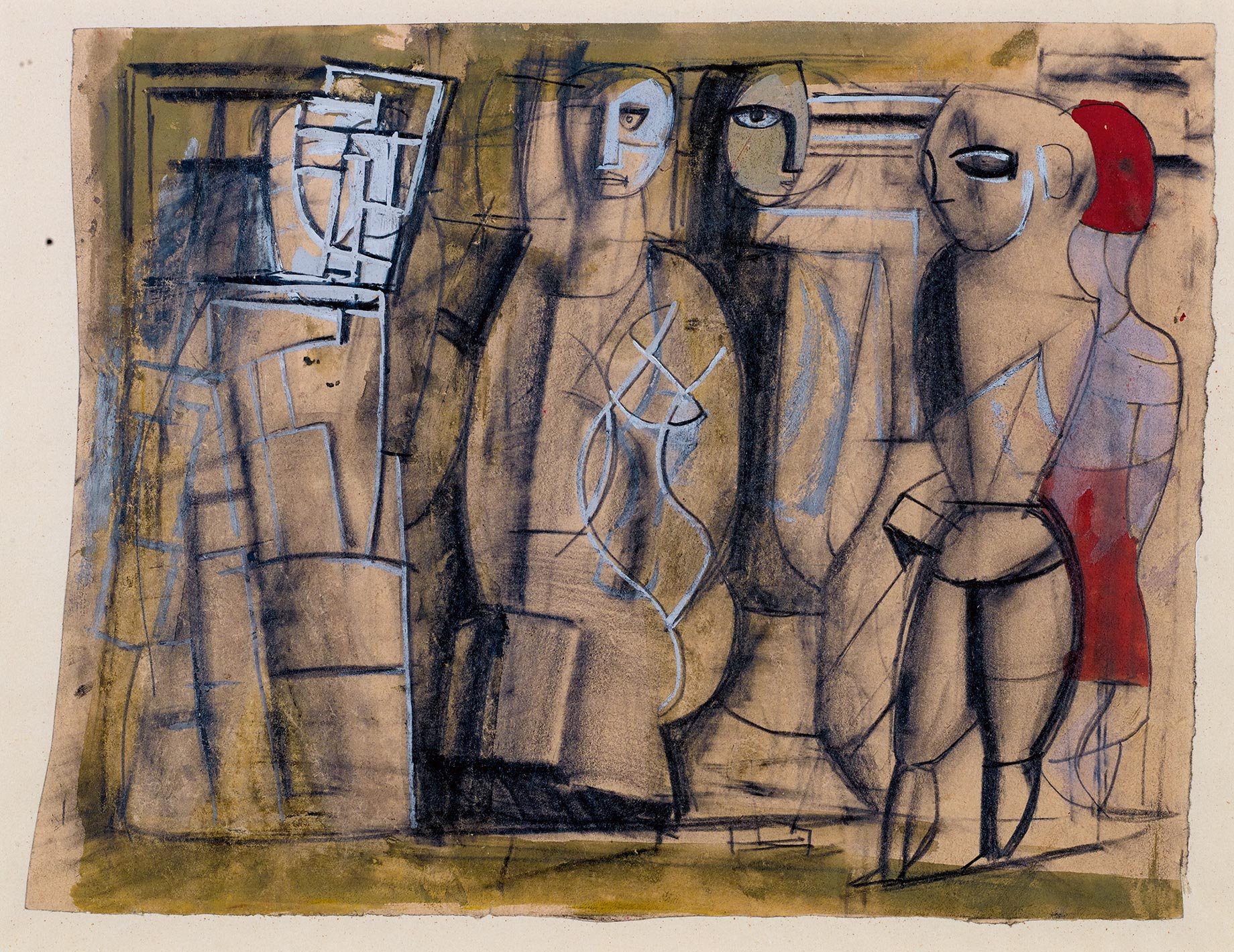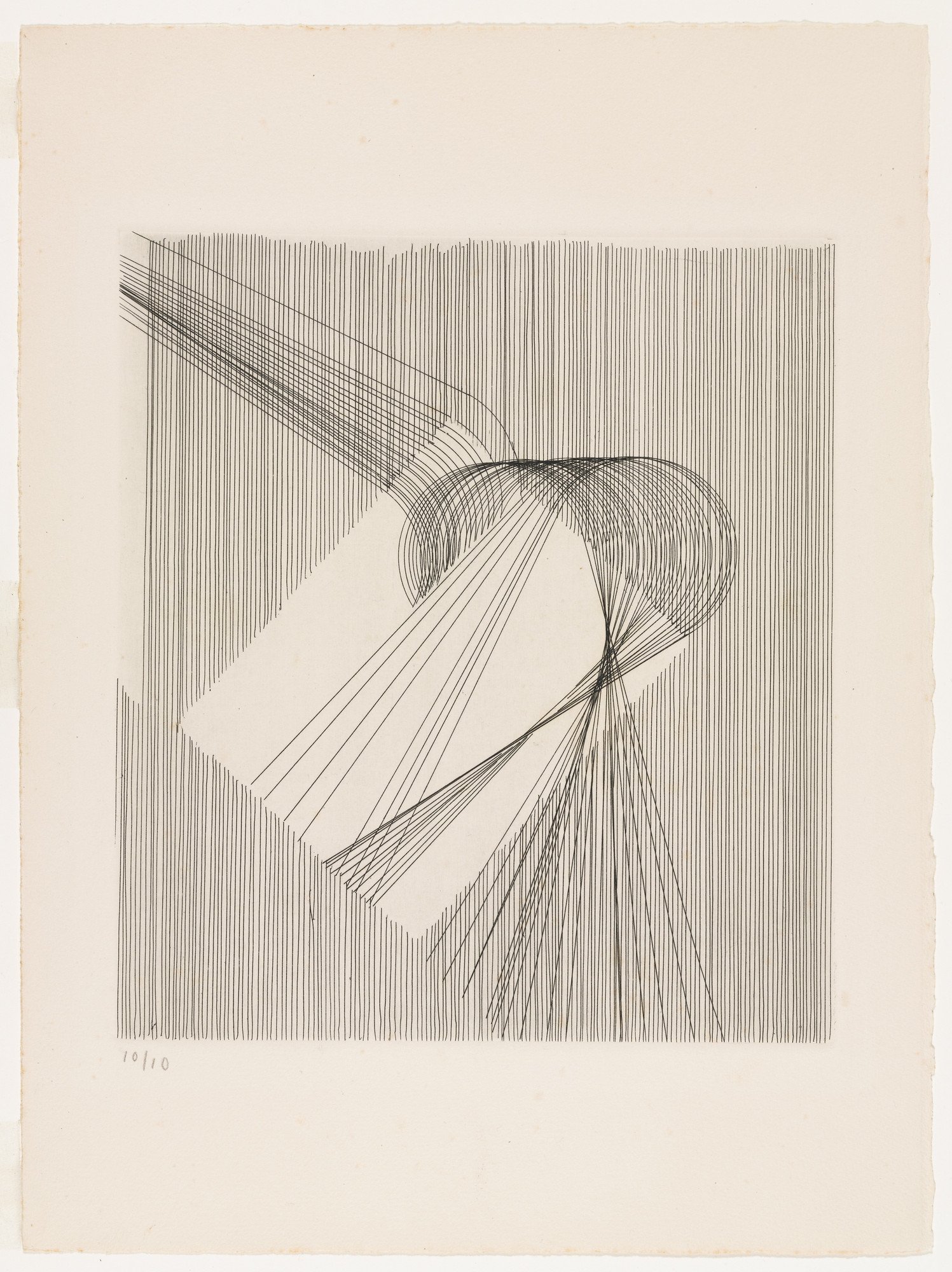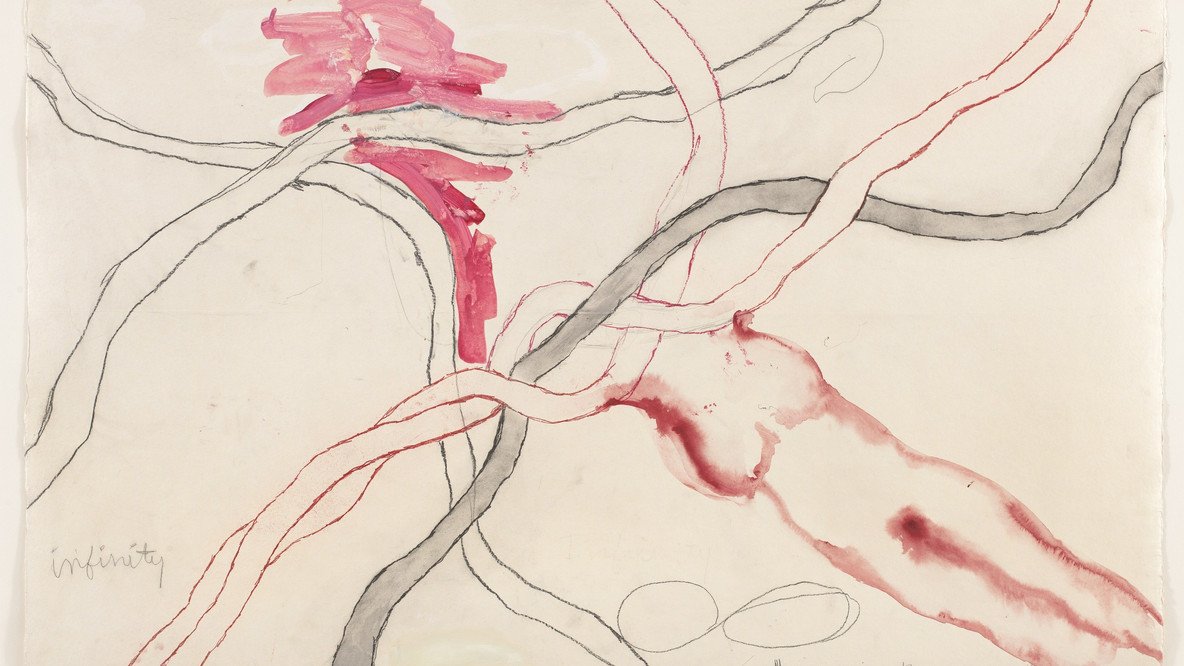2023–24 calendar of events

On the All and the Not-All
Presentations by Yarden Avital, Anna Fishzon, Peter Gillespie, Jocelyn Ripley, Mark Stafford, Andrew Stein.

Round Table: On the Clinic of Psychosis, Today
This event will feature clinicians from New York and Paris who will discuss their perspectives, approaches, and current work with those who are living with psychosis.

Book Presentation: Are We All Hyperactive?
As the diagnosis of ADHD continues its decades-long rise, the English translation of Patrick Landman’s Tous hyperactifs? L'incroyable épidémie de troubles de l'attention could not have come at a better time. The book begins by identifying the epistemological biases, poorly designed scientific studies, and conflicts of interest that have led to the dominant assumption that ADHD is a neurodevelopmental disorder based in a biological deficit or brain dysfunction.

On the One and the Pas-Tout (Part II) — Paola Mieli
This seminar continues to explore the relations between the subject and the collective, and the discourses that organize them. Particular attention is paid to the function of the One and Lacan’s logic of the pas-tout, the not-all, as well as to the function of the subject supposed to know in social bonding and in analysis.

Times of Mourning — Adriana Bauab
In Spanish, the word duelo means mourning and grief, but also duel: a struggle for recognition. Indeed, the mourning process is both a challenge and an opportunity for subjects to recompose their symbolic universes, recovering the lack that can rekindle desire. Through various clinical examples, we will propose new tools for treating bereavement.

On the One and the Pas-Tout (Part II) — Paola Mieli
This seminar continues to explore the relations between the subject and the collective, and the discourses that organize them. Particular attention is paid to the function of the One and Lacan’s logic of the pas-tout, the not-all, as well as to the function of the subject supposed to know in social bonding and in analysis.

On the Supposition of a Subject — Alain and Catherine Vanier
Through various clinical experiences – the psychotic mother and her baby, newborns in intensive care, autism, and others we will discuss – we've come to the hypothesis of an initial supposition of a subject, resting on a logic of the sign before or beyond the signifier, displacing the notion of an initial dyad.

Raising ‘Weirdness’ to the Dignity of Style — Jean-Michel Vives
The behavior that people involved with autistic children often view as ‘weird’ is, in fact, these children's response to their world: their way of being. As such, it serves us, in the dynamics of the transference, to create a possible environment for them in which ‘weirdness’ can gradually be tried out as subjective style.

On the One and the Pas-Tout (Part II) — Paola Mieli
This seminar continues to explore the relations between the subject and the collective, and the discourses that organize them. Particular attention is paid to the function of the One and Lacan’s logic of the pas-tout, the not-all, as well as to the function of the subject supposed to know in social bonding and in analysis.

On the Relations between the Unconscious Real and the Numerical Real (Part II) — Erik Porge
In 1973 Lacan distinguished an inaccessible real of the unconscious and a real of number, two forms of real. What relates them? In the same year, he also posed a question regarding logical time: What, in a set of dimensions, “simultaneously produces surface and time"? We will address the limits to deciphering the signifiers in dreams and to censorship, and the limits number creates. The boundary between these two reals depends on the contingency of object a in the analytical cure and the end of analysis.

On the One and the Pas-Tout (Part II) — Paola Mieli
This seminar continues to explore the relations between the subject and the collective, and the discourses that organize them. Particular attention is paid to the function of the One and Lacan’s logic of the pas-tout, the not-all, as well as to the function of the subject supposed to know in social bonding and in analysis.

On the One and the Pas-Tout (Part II) — Paola Mieli
This seminar continues to explore the relations between the subject and the collective, and the discourses that organize them. Particular attention is paid to the function of the One and Lacan’s logic of the pas-tout, the not-all, as well as to the function of the subject supposed to know in social bonding and in analysis.

Father: The Love of What Binds — Paula Hochman
“Father” is Lacan’s name for what connects the real, the symbolic, and the imaginary, which is to say, the structure that houses the subject. We will examine its operation in psychosis and neurosis.

The Inside of Stumbling — Daniel Heller-Roazen
Freud’s theory of the “slip” (Fehlleistung) is one of the original contributions of psychoanalysis. Yet as Freud was himself the first to indicate, it is also an elucidation of immemorial customs of attending to portentous events. Through a consideration of some premodern and modern interpretations of stumbling, this presentation will explore the ways in which the Freudian theory redefines the sense of apparent accidents.

Desire and Fantasy: Reading Lacan’s Seminar “Desire and Its Interpretation”— Lillian Ferrari
Focusing on Lacan's early elaborations of the phantasm, the group will continue to read his Seminar VI, 1958-59, Desire and Its Interpretation, with special emphasis on lessons 20 through 26. Reading for the first meeting will be class 20 of the Seminar (May 13, 1959).

Overcoming and Becoming in Hegel’s “Phenomenology of Spirit” — Raffaella Colombo
The section “Observation of Nature” in chapter 5 of Phenomenology of Spirit can be considered a fundamental point from which to understand Hegel's surrounding reflections on Self-Consciousness, Reason and Spirit. Following the constant movements of life and the dialectical relation between inorganic and organic in the natural world provides tools for grasping his ideas concerning Individuality, Subjectivity, Objectivity, and the crucial processes of Negation and Recognition.

The Gap between Politics and Reality — Betty Milan
What can explain the negationism of politicians and religious leaders during the recent pandemic? What is the relation between disbelief in one's own death and belief in various saviors? We will address these questions by examining Brazil under Jair Bolsonaro's Trump-inspired government.

The Direction of Treatment — Adriana Passini (first meeting)
What happens when an analyst places her- or himself in the treatment as an imaginary object rather than functioning as a semblance of object a? The analysis bogs down. Lacan illustrates the analyst's position with the episode in the Odyssey in which Odysseus eludes destruction by the sirens’ voices by lashing himself to the mast.

Psychoanalysis in the Institution — Ona Nierenberg
This clinical group will be oriented to the unique challenges and opportunities we encounter in hospitals, clinics, prisons, treatment programs, schools, and other institutions. We will explore the often surprising possibilities the analyst has to create and sustain space for the singular even in settings dominated by claims to the universal. Open to those currently working clinically in or with institutions.

Overcoming and Becoming in Hegel’s “Phenomenology of Spirit” — Raffaella Colombo
The section “Observation of Nature” in chapter 5 of Phenomenology of Spirit can be considered a fundamental point from which to understand Hegel's surrounding reflections on Self-Consciousness, Reason and Spirit. Following the constant movements of life and the dialectical relation between inorganic and organic in the natural world provides tools for grasping his ideas concerning Individuality, Subjectivity, Objectivity, and the crucial processes of Negation and Recognition.

Freud Reading Group — Mark Stafford and Martin Winn
We will continue our reading of Freud’s clinical and historical cases, paying attention to the significant decisions made when Freud’s concepts were translated into English. We will also read Freud’s metapsychological papers and theoretical elaborations.

Reading Group: On Clinical Work with Children — Angelo Villa
The doubts arising out of today's clinical work with children force us to thoroughly question our therapeutic practice. This reading group returns to the conceptual assumptions of psychoanalysis through a study of the canonical texts of child analysis, from Freud to Klein, from Winnicott to Lacan, and examples participants will provide from their own clinical experience with children (required).

Round Table: Psychoanalysis: Ethic and Practice, Today
A discussion with Lillian Ferrari, Anna Fishzon, Peter Gillespie, Paola Mieli, Olga Poznansky, Monroe Street Schostal, Mark Stafford, Angelo Villa

Critique of Oedipal Normativity (Part II) — André Michels
Through a rereading of the Oedipal configuration, we will reflect on the notion of normativity and its function in psychoanalysis. What are the theoretical consequences of Lacan's rereading of logic tradition? What are the clinical consequences of a novel reading of the notion of norm?
